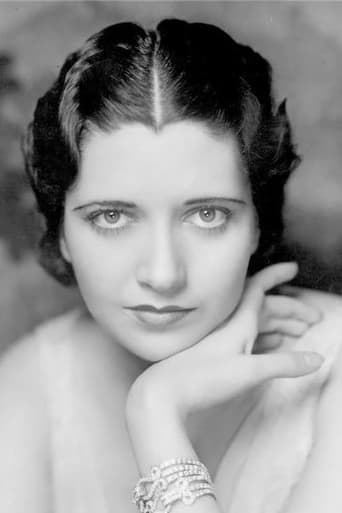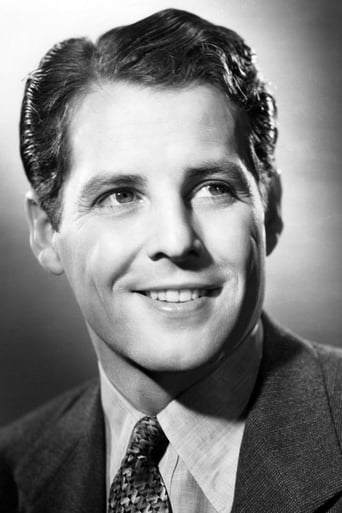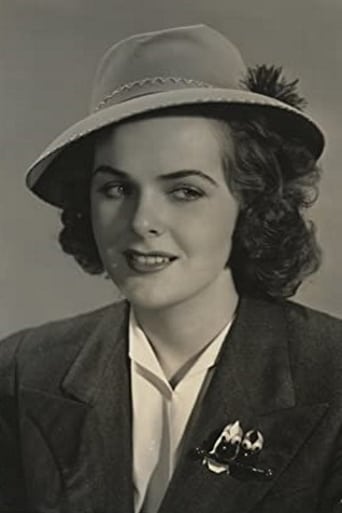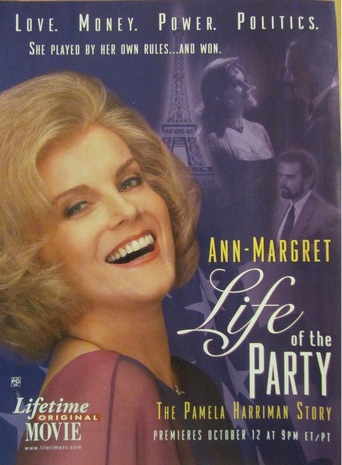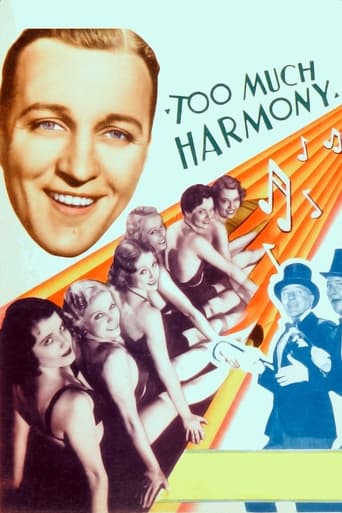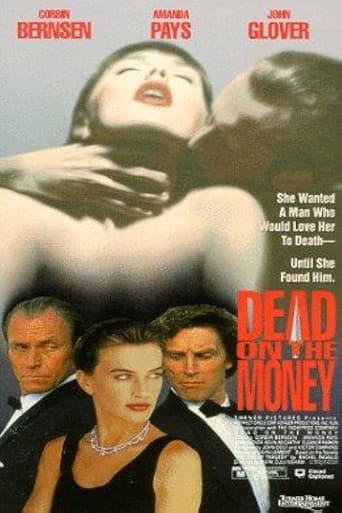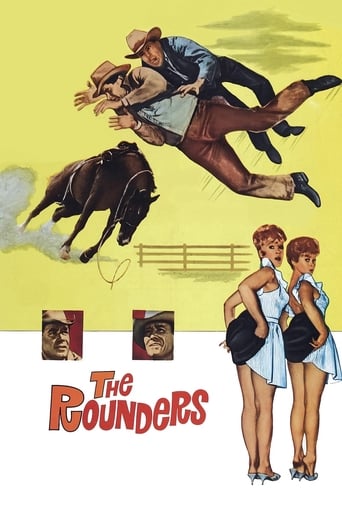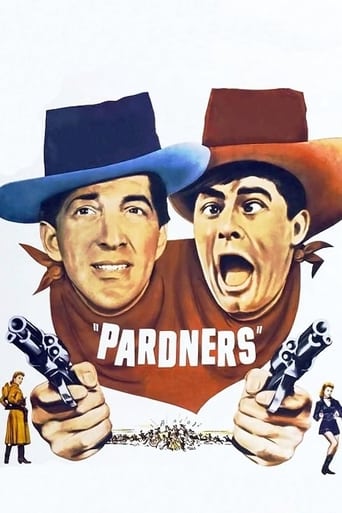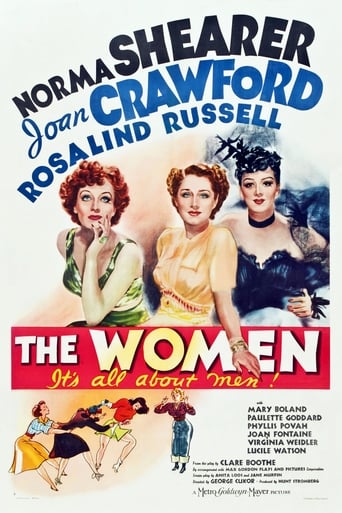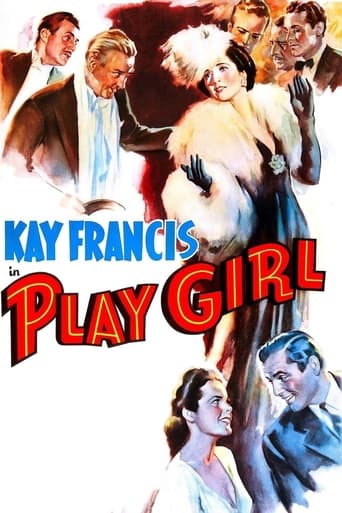
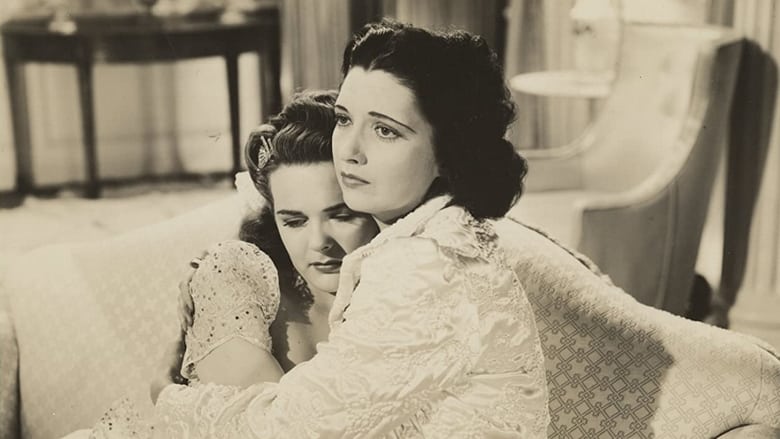
Play Girl (1941)
When a gold digger starts to get a little old to ply her trade, she teaches a younger woman all her tricks.
Watch Trailer
Cast
Similar titles

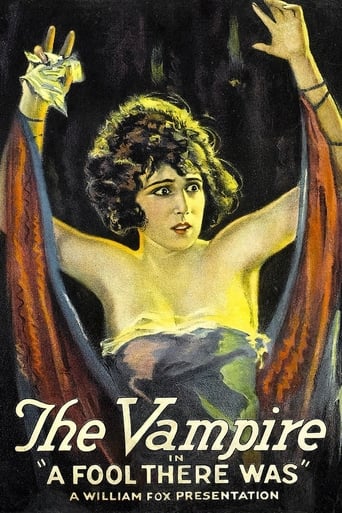
Reviews
To me, this movie is perfection.
Sorry, this movie sucks
what a terribly boring film. I'm sorry but this is absolutely not deserving of best picture and will be forgotten quickly. Entertaining and engaging cinema? No. Nothing performances with flat faces and mistaking silence for subtlety.
Exactly the movie you think it is, but not the movie you want it to be.
Play Girl, made in 1940 shortly before America entered World War II, is a film that looks back to Depression era films. An aging "gold-digger" Grace (Kay Francis), realizes that she's too old (over 30) to hoodwink vain older men. She takes on a destitute nineteen-year-old Ellen (Mildred Coles), and grooms her to be her successor. But Ellen turns out to be a good girl after all, and falls for a young cowboy named Tom, leading to a predictably happy ending. The economically precarious life of unmarried women lurks beneath the film's labored humor. I was struck by the vulnerability of the three women (Margaret Hamilton plays Josie, Grace's maid--a failed maternal figure to both the younger women). Fortunately for the women like the ones in this film, there would be plenty of war work available soon enough. They could earn an honest living and acquire decent job skills while the men fought overseas. In the regressive fifties, films like Diamonds are a Girl's Best Friend would bring back the old gold-digger theme, but the women in the later film have a toughness and self-reliance (after all, Marilyn Monroe was discovered working at a munitions factory) that even the sleek Grace can't quite manage. Grace, in a plot twist, goes after Tom and gets a visit from Tom's mother. Like Grace, she's an elegantly dressed older woman who gently puts Grace's feet in the fire. This woman's film is so much about the predicament of aging and marginalized women. It's fitting that Kay Francis, whose studio was desperate to get rid of her, played Grace. She was always a class act.
I've never been a huge KAY FRANCIS fan, but at least in PLAY GIRL she gets a better than average script (for a B-film), and an excellent supporting cast that is able to breathe some life into the material. And her character is sensible and mature, not to mention a bit too noble to be believable by the last reel.She's a fashionable gold digger who decides to train a protégé to lure men into the net when her own looks become too mature. This time the prize is JAMES ELLISON, a handsome young cattle rancher who happens to fall hard for her protégé, played winsomely by MILDRED COLE.KANE RICHMOND and NIGEL BRUCE lend valuable support in key roles and the whole story is done with flair and style that makes it pleasant entertainment. On the face of it, it's strictly minor stuff with many soap opera overtones.Only disappointing angle is the resolution of the love affair involving Ellison and Cole with no on screen reunion provided by the script. Instead, he rushes to join the young protégé in Florida while Francis turns her attention to another man. The plot soon becomes a twisted soap opera with Francis nobly giving up the young man in favor of telling him the truth about Cole's whereabouts.Nothing deep here, just a pleasant diversion that passes quickly and is soon forgotten. Good work by a capable cast makes it easy to watch.
Kay Francis is a "Play Girl" in this 1941 film that was yet another attempt by Warner Bros. to get rid of the expensive Francis, though none of their ploys worked. Here, they've lent her to another studio, RKO.Francis plays Grace Herbert, a woman who has lived her life as a gold-digger, except now she's getting too old to dig and no one wants to give her any gold. She meets a young woman, Mildred (Ellen Daley) and teaches her the gold-digging game, with the idea that the young woman will actually get married to someone wealthy, something that Grace never did. But Mildred's conscience takes a hit.One of the best things about this film is that one of the marks is a rich guy from Chicago, played by the very British Nigel Bruce. Just goes to show you the attention paid to the casting.It's not a great film, but Francis makes it more than palatable, and it's a pleasant way to pass the time. Worth seeing for Francis.
I think Kay Francis is an acquired taste that I am still acquiring. This film is not a great vehicle, but oddly, I liked Kay in this role better than I do most of her films. Her character is usually very long- suffering. But here she plays "Grace." She is an aging gold-digger rapidly reaching the point of no-return, and she realizes it. Yet she doesn't respond with melodrama, but with a plan to sponsor a protégé, passing on her "wisdom" in exchange for a share of the young woman's "earnings." Despite the rather seamy subject matter, however, this film and Francis' role are both much lighter than most of her vehicles.It provides a very predictable, formulaic plot and very few laughs. But the two best scenes are humorous, even if not hilarious, and make this film worth seeing. Early in the film, Grace is coaching her protégé, Ellen, before her first date with her first "mark," Nigel Bruce. It is as if they are rehearsing a play, with Kay assuming Nigel's role. In her coaching, she not only anticipates every line, verbatim, that he later uses for real, but she gives a very funny imitation of Bruce's very distinctive British accent.In a later scene in a steam bath, Bruce assumes Kay's persona in describing to another intended "mark" how the two women fleeced him in Chicago. Straight into the camera, he quotes Kay as she had addressed him: "If you want to make her vewy, vewy happy, get her a mink coat." I wondered whether it was an ad lib or it was scripted. But what I really wondered was how Kay, herself, took the spoof. Her difficulty pronouncing the letter, "R," was legendary. Yet she seems so upbeat in this movie that it leaves the impression that she must have been a good sport about it.I fault the ending not because it was a fairy-tale wrap-up, but because it was abrupt and rather disjointed. The central focus of the movie is the romance between Tom and Ellen, but the central character is Grace. When the movie ended with the off-screen reconciliation of Tom and Ellen, and Grace's anticipating a happy ending with a completely unknown man, I felt like I had been deprived of seeing the resolution of either the film's central story or its central character.The character of Tom's uncle should have been a larger role, bringing him into a slowly growing relationship with Kay. After all, she spends most of her time lounging around in a negligee while Ellen and her beaus are out on the town. Giving the uncle a larger, continuous presence would have provided greater continuity and a nice sub-plot. As it is, Kay's presumptive happy ending is diminished, since it is with a virtual non-entity. We have seen him only once in the early part of the film, riding in a boxcar with Tom and some horses to Chicago. I don't recall whether he even has any lines. In the end, we never see him. He's in the lobby of Kay's apartment while she delightedly prepares to meet her "last" man. Neither one is apparently even on the other's radar screen. I would have liked that relationship to have been developed for the fairy-tale. I also wanted to see Tom and Ellen reconciled in person. These changes might have resulted in a non-musical romantic comedy in the mode of the Fred Astaire-Ginger Rogers/Edward Everett Horton-Helen Broderick foursome in some of the Astaire-Rogers films. It would have been far more satisfying and really improved this film.
